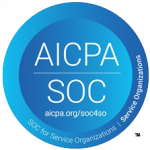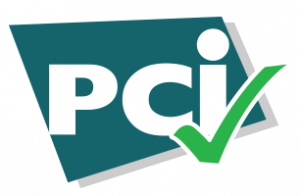In 2019, payers denied nearly 20% of in-network claims on the ACA Marketplace, and that was before the start of the COVID-19 pandemic. With both healthcare and insurance back-office staff moving to work remotely, well-oiled processes and procedures broke down and needed to be rebuilt, likely resulting in even higher denial rates.

An increase in denials means an increase in losses for healthcare providers. Providers that have not developed aggressive denials management processes only recover about 30-40% of their denied claims, and as a result – according to the Advisory Board – annual losses from denial write-offs range from 1% of total net patient services revenue (NPSR) to as much as 4 or 5%.
With the number of expert coders and billers in the industry, billing errors create less than 10% of unresolved denials. So how is it that payers are still flagging so many claims? There are several reasons, and providers and payers share responsibility. Registration and eligibility errors account for the most denials (23.9%), followed by “missing or invalid claim data” (10.5%).
Advice for improving denials has been pretty consistent for the last few years: hospitals need to spend more time analyzing benchmark data for key indicators of denials, communicate more effectively with payers and their billing staff, and increase coordination internally, etc. Each of these recommendations will improve the process. Yet, these measures still do not take into account the significant number of denials that result from a deliberate strategy used by payers to avoid payouts.
Payers’ Hidden Denial Strategy
It’s often the case that payers are using providers’ own claims history against them. Low-balance, high-volume denials are plaguing healthcare providers and hospitals of all sizes. And the increase in denials seen across payers and providers is overwhelming hospitals’ in-house staff. The payers know this. If a payer sees a hospital ignoring low-balance denials, there’s a calculated incentive for them to deny more and more of them.
Timing Is Everything
The earlier a hospital identifies a denial, the greater chance it has of resolving the issue in the present and for the future. A large portion of denials go uncollected simply because the hospital missed the appeal deadline – whether internally or as a result of waiting too long to send the accounts to a revenue cycle management partner.
It’s critical to carefully review contract language regarding timely filing timeframes for every payer. They differ, and keeping track of the different requirements could be the key to recovering as much as 5% more in NPSR from write-offs alone (not to mention the recovered payments!) Also, don’t forget Medicare’s 120-day reconsideration time frame for denied accounts.
Becker’s Hospital Review gives us a few other strategies for lowering denial rates:
- Track denial appeals. Keep an eye on each appeal to see if it’s successful, then build on those successes. Determine which denials are being overturned or upheld, and focus your limited resources on where you can recover the most.
- Dedicate employees to claim denial work. If your back-office staff is overloaded with too many responsibilities, no one will be able to dedicate the time it takes to properly track payer deadlines and appeals properly. Allow a few key members of your team to become subject matter experts in denials.
- Bring in non-traditional hospital employees. Hospitals should not be afraid to seek professional assistance in advocating for their business. Finding a partner to be that subject matter expert and who can dedicate the time and resources to tracking and managing your denials could make a huge impact on your bottom line.
Because denials represent such a small percentage of overall revenue, they are often overlooked. But keep in mind, those small claims can add up to significant losses over time within economies of scale. Providers who aggressively address their denial management processes are not only increasing their overall revenue; they are teaching their payers that they are paying attention, and attention is what differentiates a denial from a paid insurance claim.






